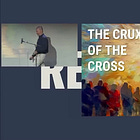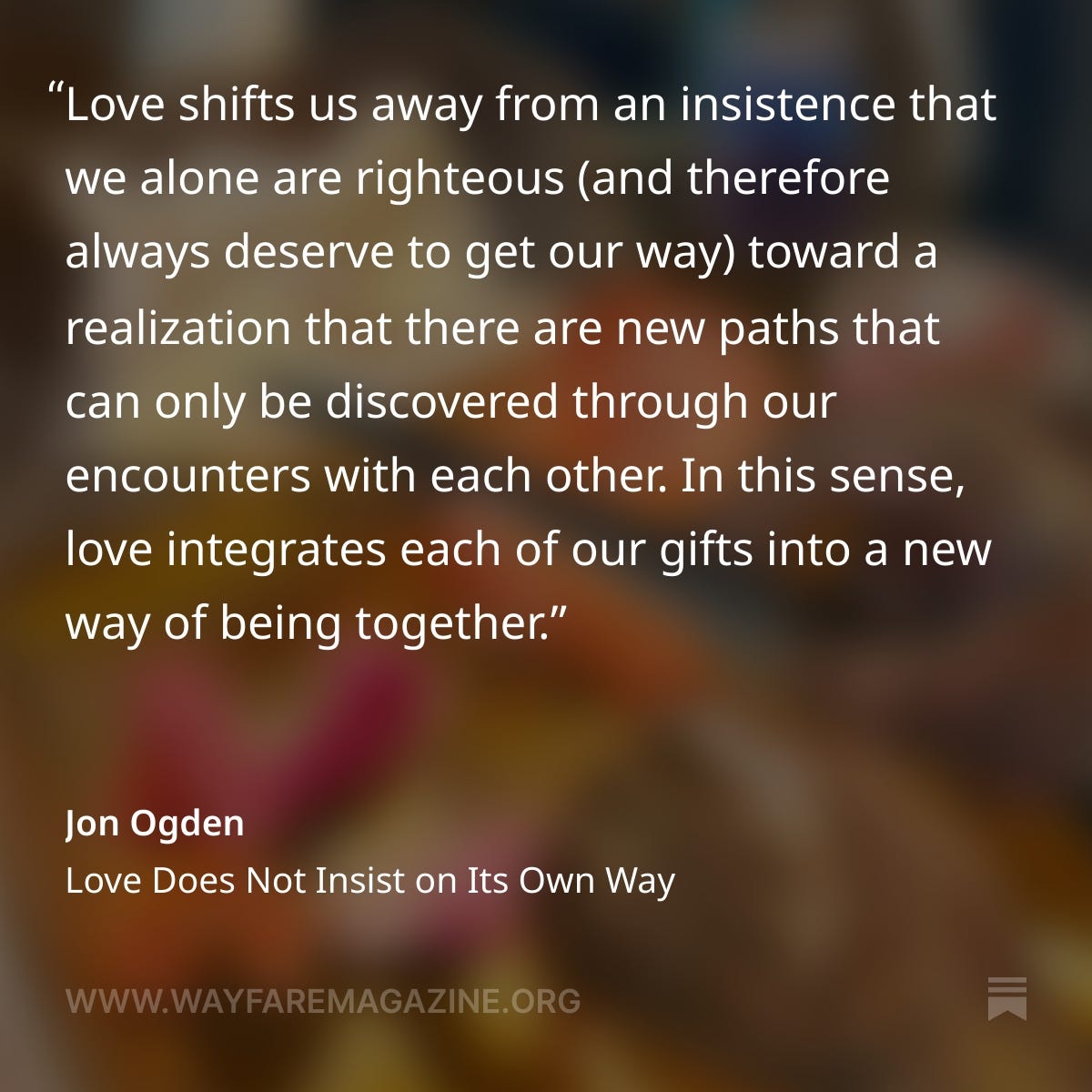What does it mean to be a disciple of Christ?
Faith Matters resources to accompany your Come Follow Me study: October 6-12

The Lord can “order all things for [my] good.”
God uses time and mortality to create beings who can withstand Eternity. The Love, the Light, the sheer energy of Eternity is so immense, it takes time to get used to it. We have to get used to the intensity of true joy as well as the intensity of our disturbances. The energy centers show us precisely where we collapse. What feel like the most awful aspects of mortal life are actually Grace Absolute in disguise. The energy centers are like spiritual growth plates. They’re right where our soul is yearning for further expansion.
—Thomas Wirthlin McConkie, “Divine Vulnerability”
The Lord will lead me as I humbly seek His will.
As one Protestant theologian notes: “If we view ourselves as created beings, we see God everywhere; if not, then we see God nowhere.” To learn from the very other whom we would be inclined to dismiss requires us to remember our equality—to remember that we are all less than dust and are all dependent on Christ’s atonement. Beyond seeing oneself and all others as created, one must see everyone as holy. Paul writes, “Everything is pure for someone whose heart is pure” (Titus 1:15). The humility born of remembering that one is a creature, not the Creator, and striving to purify one’s heart enables seeing all others as potential teachers.
—Deidre Nicole Green, “Finding Truth Together”
Those who are truly converted come to know Jesus Christ.
I did not meet him in some discrete, isolated instance of light and ecstatic vision, but rather in the slow unfolding process of a waking dreamer. I found him in a softening heart, my own. With every piece of sacrament bread I swallowed, every temple prep class I took and covenant I made and hymn I sang and prayer of confusion I uttered, Jesus Christ became more and more familiar, until I knew exactly whom I beheld. Jesus Christ appeared to me not in a moment, but in the process of endurance, which has no end, and is the eternal life of every moment of every day. And he was so ridiculously nice to me that at first I bristled at his touch, refusing to believe anyone could feel that tender towards somebody so spectacularly awful as me. But Jesus was so persistent, so gentle, that finally I melted into his arms. My hurt oozed out of my pores and into his cupped hands.
—Louisa Packham, “To Hurt, Heal, and Celebrate it All”
Joseph Smith was “a servant in the hands of Christ.”
In Matthew 7:21–23, the Lord describes a group of busy church people who say they’ve been prophesying and casting out devils and doing many wonderful works in His name. At first glance, this group appears to be doing all they can to build up Christ’s kingdom and draw others closer to Him. Yet, when they presented Him with their lengthy checklist of works, His reply wasn’t at all what we may be expecting. Rather than thanking them for their efforts or giving them credit for all their faithful service, His words were not only blunt but unbelievably shocking: He said, “I never knew you: depart from me, ye that work iniquity.”
As a church member with my own list of “wonderful works,” it almost hurts to hear Jesus say that. Why in the world would He reject those who are trying to do good? Why would He call their works—the very service they said was being done in His name—iniquity? The reason He provided is simple: “I never knew you.” Or as Joseph Smith translated it, “Ye never knew me” (Matthew 7:23, footnote a).
As I pondered His words, it hit me that this is a major tipping point when it comes to all our gospel service. Notice that Jesus’s measuring line isn’t those who do church works versus those who don’t, but those in a relationship with Him versus those who aren’t. It’s a dramatic flip that turns much of our church culture completely upside down. After all, if what we usually see as righteous works can be called iniquity if they’re done apart from Him, perhaps it’s time to view our busy religious checklist in a whole new light.
According to this passage, either I seek the Lord’s direction in all my service and respond to those situations as prompted, or I’m not His servant at all. Though I’d spent countless years pursuing what I believed was important church work, this scripture showed me that I can’t safely assume He approves of all my intentions. No, I need to know Him, to hear Him, to receive direct, daily guidance straight from Him. What a tragedy if I spend my life working “in His name,” only to end up like these people—sure I’m doing His will, but ultimately being cast out of His presence!
—Jaci Wightman, “The Observant Minister”
The Lord will lead me by the hand and answer my prayers.
Jesus wants me to love everyone.
The fundamental reality of humanity is that our values and assumptions are rooted in the diverse circumstances into which we were born, and we disagree deeply about what is good and true. The Church is not a solution for the problem of diversity, but a preserve within which to practice diversity’s values. It is a gritty sandbox within which we bump against each other and become more polished. It is a place with enemies to love, peace to make, and cause for meekness. In this our teacher is the Holy One who ministered in the shadow of imperial power, associated with tax collectors and centurions, met with despised outcasts, and taught people in their own lands and languages. His was always the path of most resistance.
The path as a Latter-day Saint in pursuit of Zion is not always an easy path, but ease is not its purpose. Here I have found people to love and people who love me. Here I have ample cause to rejoice, to grieve, to act, and to be still. Here I am becoming more than I was, and more as I hope Christ has invited me to be.
—Melissa Inouye, “A Church That is Real”








